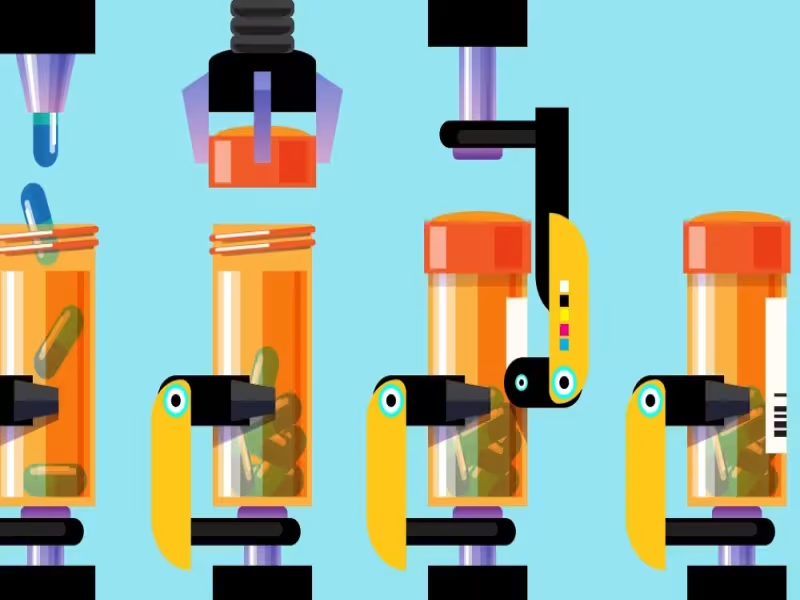
SHERIDAN, WYOMING – August 8, 2025 – In a move aimed at reducing the nation’s dependence on overseas pharmaceutical production, the U.S. Food and Drug Administration (FDA) has launched PreCheck, a two-phase program designed to speed regulatory review and strengthen domestic drug manufacturing capacity.
A New Framework for Facility Readiness
PreCheck’s first stage, the Facility Readiness Phase, gives manufacturers more structured and frequent communication with the FDA at pivotal stages such as site design, construction, and pre-production. The process also incorporates Drug Master Files — detailed, facility-specific records that map layouts, workflows, and operations — to support earlier and more accurate regulatory evaluation.
Streamlining Regulatory Applications
The second phase zeroes in on improving the Chemistry, Manufacturing and Controls (CMC) section of regulatory submissions. Through pre-application meetings and targeted early feedback, the FDA aims to help companies avoid costly delays and ensure faster market readiness for critical medicines.
Addressing Supply Chain Vulnerabilities
FDA Commissioner Marty Makary emphasized that the program is a direct response to the “overreliance” on foreign drug manufacturing, which he described as a “national security risk.” He added, “PreCheck will help reverse America’s reliance on foreign drug manufacturing, ensuring a resilient, strong, and domestic drug supply.”
Tariff Pressures Accelerating U.S. Investments
The initiative arrives amid ongoing trade tensions, including newly announced tariffs on European pharmaceutical imports and the potential for duties as high as 250% on other foreign drug products. These pressures are pushing global pharma companies to expand U.S.-based facilities as a hedge against escalating costs.
Major Players Driving Domestic Expansion
- Johnson & Johnson: $55 billion committed to U.S. production in March
- Roche and AstraZeneca: $50 billion each in domestic manufacturing investment
- Celltrion (South Korea): Over $500 billion to acquire a U.S. production facility
- Aurobindo (India): $250 million purchase of U.S.-based Lannett
These moves align closely with PreCheck’s objectives, signaling an industry-wide shift toward bolstering U.S. supply chains.
Strategic Implications for Industry and Healthcare
For pharmaceutical manufacturers, the program offers a clearer, faster route to regulatory approval, potentially reducing time-to-market for new drugs. For healthcare providers and patients, it could mean improved access to essential medicines and fewer disruptions during global supply chain crises.
With the FDA’s PreCheck initiative now in place, companies looking to establish or expand domestic manufacturing may find a more navigable path — and a stronger competitive advantage — in the evolving U.S. pharma landscape.
Learn more at www.fda.gov